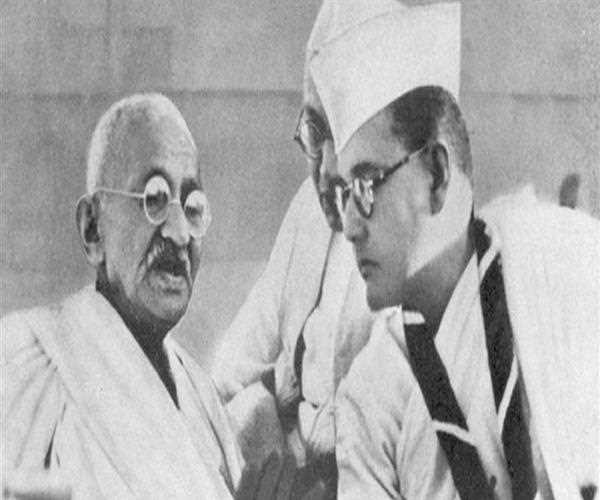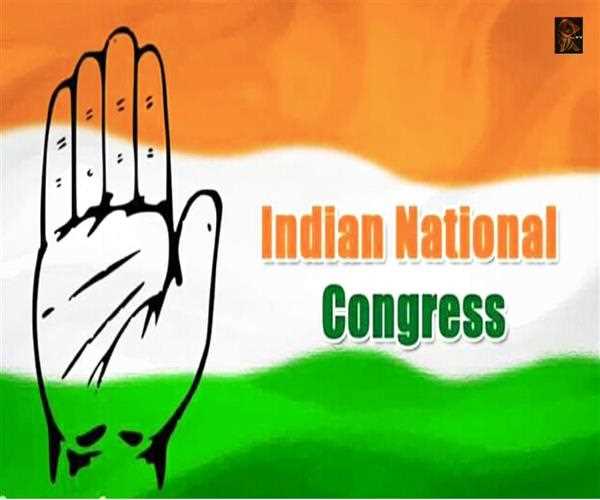
21-Jul-2023 , Updated on 7/21/2023 3:44:47 AM
Subhash Chandra Bose: The revolutionary nationalist and the leader of Indian National Army
Highlights
- Subhash Chandra Bose, also known as Netaji, was a prominent figure in India's independence movement.
- Born on January 23, 1897, in Cuttack, India, Bose showed early signs of intelligence and a strong sense of justice.
- He pursued higher education in Calcutta and was deeply influenced by nationalist leaders like Swami Vivekananda and Rabindranath Tagore.
- Bose actively participated in protests against the Rowlatt Act in 1919 and joined the Indian National Congress.
- He later founded the All India Forward Bloc (AIFB) due to ideological differences with the Congress leadership.
- In 1941, Bose mysteriously disappeared and sought support from Germany and Japan during World War II.
- Bose established the Free India Center in Berlin and formed the Indian Legion, a military unit to fight for India's freedom.
Subhash Chandra Bose, commonly known as Netaji, was a prominent figure in the Indian independence movement, renowned for his unwavering determination, revolutionary spirit, and leadership qualities. Born on January 23, 1897, in Cuttack, India, Bose played a vital role in India's struggle for freedom against British colonial rule. His journey from a young idealist to becoming the charismatic leader of the Indian National Army (INA) is an inspiring tale that continues to captivate the imagination of millions.
Early Life and Education
Subhash Chandra Bose was born into a Bengali family known for their involvement in social and political activities. From a young age, he displayed intelligence and a strong sense of justice. He excelled in academics and proved to be an outstanding student. After completing his early education in Cuttack, Bose moved to Calcutta (now Kolkata) to pursue higher studies.
In 1919, he joined the prestigious Presidency College, where he immersed himself in the teachings of nationalist leaders like Swami Vivekananda, Aurobindo Ghosh, and Rabindranath Tagore. Their philosophies and visions for a free and united India deeply influenced Bose's ideological beliefs and commitment to the cause of independence.
Involvement in the Freedom Struggle
Bose's political journey began during his college days when he actively participated in protests against the oppressive Rowlatt Act in 1919. He was deeply moved by the Jallianwala Bagh massacre in Amritsar and became more determined to contribute to India's struggle for freedom.
Subhash Chandra Bose joined the Indian National Congress and rose quickly through the ranks due to his intelligence and dedication. However, he felt that non-violence alone might not be enough to achieve India's liberation, especially after witnessing the brutalities of the British during the Civil Disobedience Movement.
Rise to Prominence
In the mid-1930s, Bose was elected as the President of the Indian National Congress, but ideological differences with the party's leadership led him to resign. He believed that India needed a more aggressive approach to combat British rule and decided to form his political party.

Image Source: Punekar NewsIn 1939, Bose founded the All India Forward Bloc (AIFB), a leftist nationalist organization advocating complete independence for India. Bose's dynamic leadership and revolutionary ideas made the AIFB popular among the youth, earning him the title of "Netaji," which means "Respected Leader."
The Great Escape
During World War II, Bose saw an opportunity to exploit the British's difficulties and garner international support for India's freedom struggle. He sought assistance from Germany and Japan, both of which were at odds with the British Empire during the war.
In 1941, Bose mysteriously disappeared from his home in Calcutta and traveled across several countries to reach Germany. He believed that the enemy of his enemy could be his friend, and thus, he sought the support of Adolf Hitler and the Nazi regime. Under the guise of an Italian, Bose reached Berlin and met with high-ranking German officials.
In 1943, with German support, Bose took another daring step by establishing the Free India Center in Berlin. He also created the Indian Legion, comprising Indian prisoners of war captured by Germany, who were willing to fight for India's independence. Later, Bose's quest for support took him to Japan, where he established the Azad Hind Radio and formed the Indian National Army (INA) with captured Indian soldiers from British-occupied territories in Southeast Asia.
The Indian National Army
The INA became Bose's most significant contribution to India's struggle for independence. Comprising soldiers of Indian origin, it was intended to challenge British forces in India and force them to withdraw. Bose, as the supreme commander, instilled a sense of nationalism and unity among the soldiers, who came from diverse backgrounds and regions.
Under his charismatic leadership, the INA waged a fierce military campaign against the British. They managed to capture several territories in Southeast Asia, and their slogan "Chalo Delhi" (Onward to Delhi) became the battle cry of the liberation movement.
Legacy and Disappearance
Despite Bose's significant achievements, the INA's success was limited, primarily due to the waning power of the Axis forces in the latter stages of World War II. In 1945, Bose's plane crashed in Taiwan (then Formosa) under mysterious circumstances, leading to his reported death. However, the exact circumstances surrounding his demise remain a subject of debate and speculation.
Subhash Chandra Bose's legacy endures as an icon of bravery, leadership, and unwavering dedication to India's freedom struggle. His call for complete independence, as opposed to dominion status, inspired millions and continues to be celebrated in India's quest for national unity and self-reliance.
Subhash Chandra Bose's life and contributions exemplify the spirit of resilience, determination, and sacrifice. He stood as a pillar of strength for millions of Indians during one of the most challenging periods in the country's history. His journey from an earnest student to a revolutionary nationalist and leader of the Indian National Army serves as an enduring reminder of the power of a single individual's vision and dedication to transform a nation's destiny.
As India celebrates its freedom, Netaji's legacy lives on, reminding future generations of the extraordinary sacrifices made for the nation's independence. The spirit of Subhash Chandra Bose continues to be a beacon of hope and inspiration for all those who strive for a just and equitable world.

SEO and Content Writer
I am Drishan vig. I used to write blogs, articles, and stories in a way that entices the audience. I assure you that consistency, style, and tone must be met while writing the content. Working with the clients like bfc, varthana, ITC hotels, indusind, mumpa, mollydolly etc. has made me realized that writing content is not enough but doing seo is the first thing for it.
Join Our Newsletter
Subscribe to our newsletter to receive emails about new views posts, releases and updates.
Copyright 2010 - 2026 MindStick Software Pvt. Ltd. All Rights Reserved Privacy Policy | Terms & Conditions | Cookie Policy